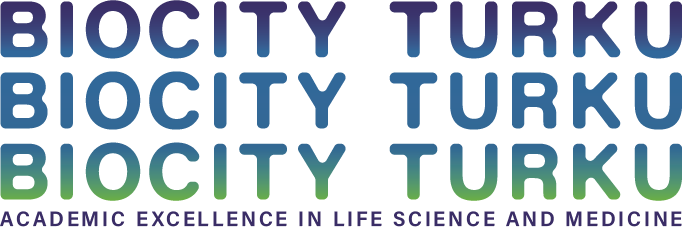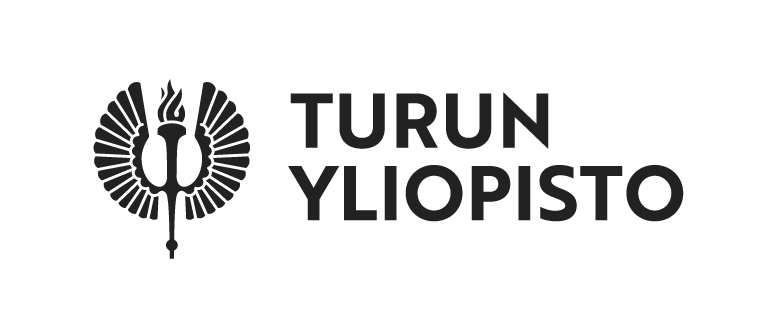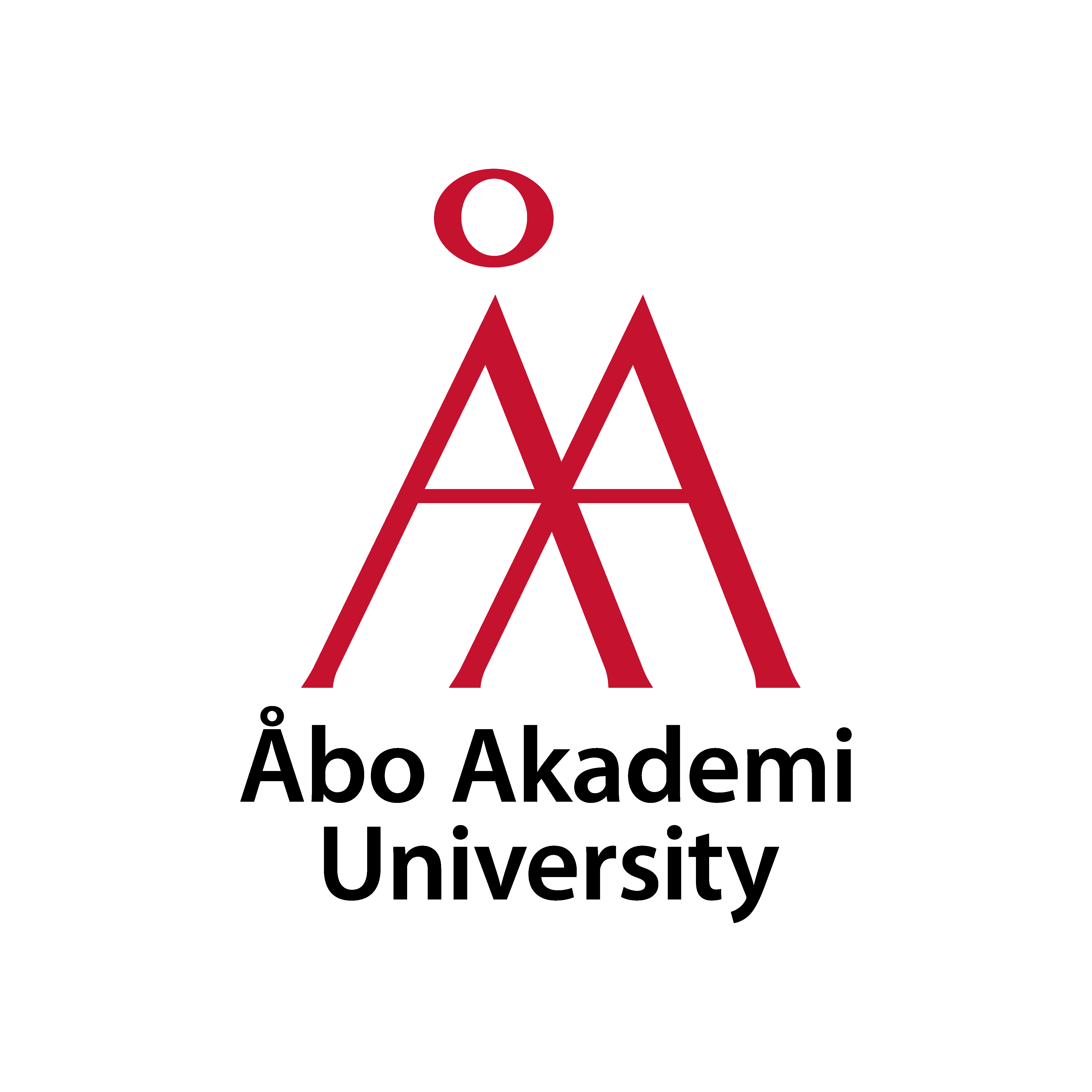CompLifeSci seminar
Adj. Prof. Kalle Parvinen, University of Turku, Evolution & Adaptive Dynamics, Department of Mathematics and Statistics
Adaptive dynamics – understanding evolution by natural selection using mathematical modelling
and
Assoc. Prof. Anton Zavialov, University of Turku, Joint Biotechnology Laboratory (JBL), Department of Chemistry
Structural basis for Acinetobacter baumannii biofilm formation
Dr. Kalle Parvinen is a mathematician. He received his Ph.D. degree (2001) in applied mathematics from the Department of Mathematics and Statistics at the University of Turku, where he is also currently working. His research interests include the mathematical modelling of phenotypic evolution by natural selection (Adaptive dynamics), including the phenomena of evolutionary suicide and evolutionary branching, metapopulation models, and evolution of dispersal, cooperation, and specialization.
Dr. Anton Zavialov is a group leader and Academy research fellow at the Department of Chemistry, University of Turku. His research interests include nosocomial infections and infections of indwelling devices, which are major healthcare problems worldwide. These infections are strongly associated with the ability of pathogens to form biofilms on biotic and abiotic surfaces. Pan-antibiotic resistant Acinetobacter baumannii is one of the most troublesome pathogens, capable of colonizing medical devices by means of Csu pili, an adhesive organelle that belongs to the widespread class of archaic chaperone-usher pili. Recently, we obtained the first atomic-resolution insight into the mechanism of bacterial attachment to abiotic surfaces. We found that archaic pili use a conceptually novel binding mechanism that enables bacterial adhesion to structurally variable substrates. The results suggest a simple and cheap solution to reduce infections of A. baumannii and related pathogens.
Coffee served at 09:45.


